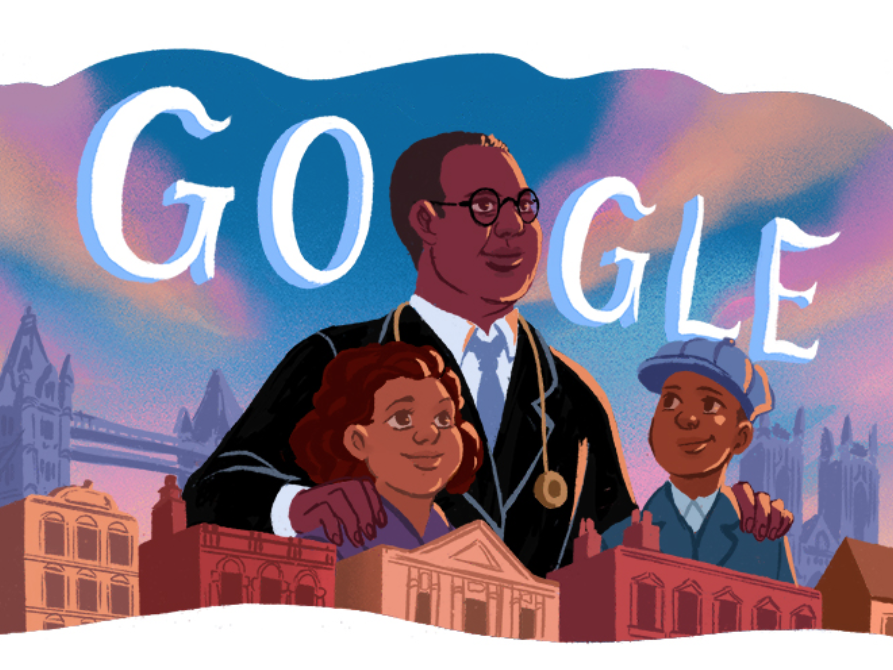Dr Harold Moody: Who was the pioneering UK civil rights hero?
Clinician described as ‘Britain’s Martin Luther King’ fought tirelessly to advance rights of ethnic minorities

Your support helps us to tell the story
From reproductive rights to climate change to Big Tech, The Independent is on the ground when the story is developing. Whether it's investigating the financials of Elon Musk's pro-Trump PAC or producing our latest documentary, 'The A Word', which shines a light on the American women fighting for reproductive rights, we know how important it is to parse out the facts from the messaging.
At such a critical moment in US history, we need reporters on the ground. Your donation allows us to keep sending journalists to speak to both sides of the story.
The Independent is trusted by Americans across the entire political spectrum. And unlike many other quality news outlets, we choose not to lock Americans out of our reporting and analysis with paywalls. We believe quality journalism should be available to everyone, paid for by those who can afford it.
Your support makes all the difference.Google has celebrated the pioneering UK civil rights hero Dr Harold Moody with a Doodle published on the 116th anniversary of his arrival from Jamaica.
On this day, a young Dr Moody arrived in Britain to study medicine at King’s College London, where he would graduate in 1910 at the age of 28, top of his class.
After facing rampant racial prejudice during a fruitless three-year search for employment, Dr Moody established his own GP practice at his home on King’s Road (now King's Grove) in Peckham.
At a time before the advent of the NHS when health care was costly and many were forced to go without, he treated poor children in the area free of charge and opened his home to black travellers denied lodgings elsewhere, cementing his local reputation for philanthropy.
But as Dr Moody married a white nurse, fathered six children and moved into a larger home and surgery on the nearby Queen’s Road, racial tensions in the UK continued to rise, exacerbated by the wave of mass unemployment following the First World War.
It was against this backdrop in 1931 that Dr Moody founded the The League of Coloured Peoples (LCP) – often dubbed the UK’s first civil rights group.
In his role as president, Dr Moody became a tireless lobbyist, writing to politicians, trade unions and civil service in an attempt to improve race relations.
Fighting for the lifting of the colour bar in the British Armed Forces, fair wages for Trinidadian oil workers and employment rights for black seamen, Dr Moody was eventually appointed to a government advisory committee on the welfare of non-Europeans in 1943.
Although he died in 1947, shortly after which the LCP was dissolved, Dr Moody’s campaigning is credited as having been key to the passing of the landmark Race Relations Act in 1965, which prohibited discrimination on the grounds of colour, race, ethnicity or nationality, and created the offence of “incitement to racial hatred”.
Noting that Dr Moody was also once the first doctor on the scene during a major bombing episode in south London during the Second World War, historian Stephen Bourne has said that he “ought to be thought of as Britain’s Martin Luther King”.
“I hope that the way I’ve portrayed Dr Moody will inspire people to learn more about him and other important black people in the UK – especially in Peckham, which often carries a negative stigma,” said Dublin-based guest artist Charlot Kristensen, who created the Google Doodle.
Join our commenting forum
Join thought-provoking conversations, follow other Independent readers and see their replies
Comments